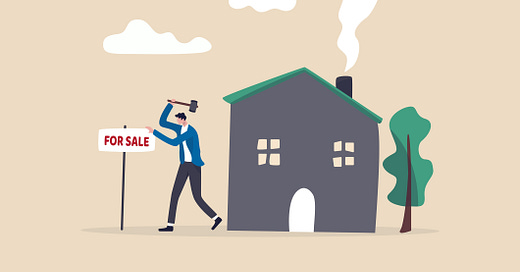This is a newsletter about searching for home, leaving home, about red states, and neighbors helping and hurting. If you like it please share it with your friends (and enemies).
Last week, I went with my dad and two of my sisters on a trip to Poland to find the town where we think my family is from.
I say “think” because we do not really know. My great-g…




